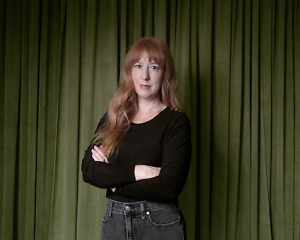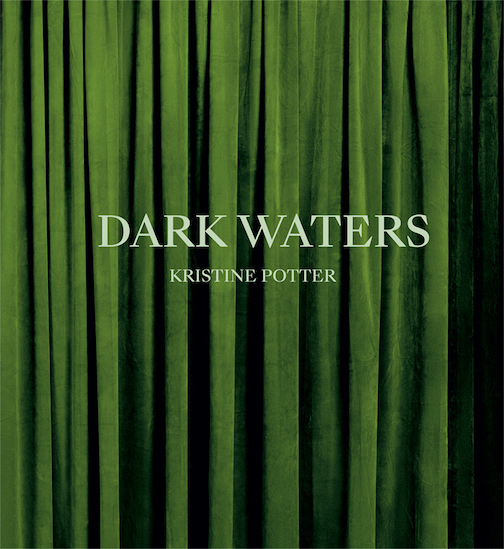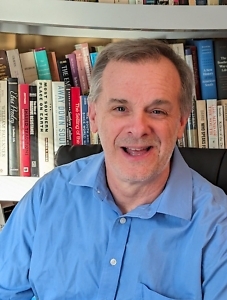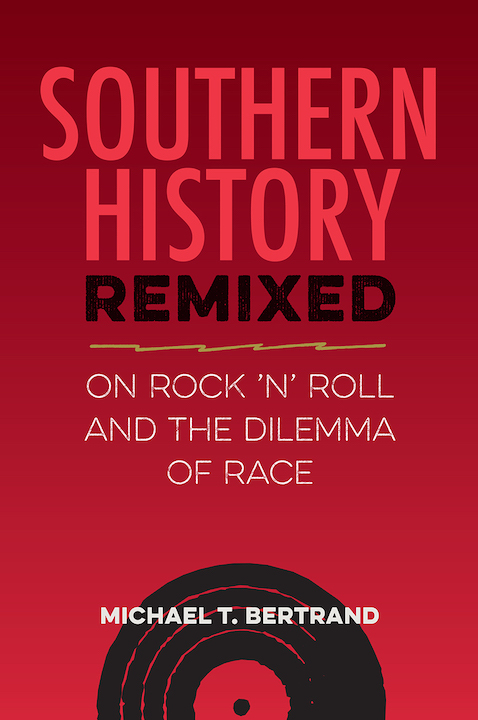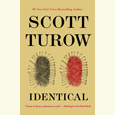A Shared World
Eavan Boland talks with Chapter 16 about her new work, the definition of memoir, and poems as unfinished business
In her most recent U.S. publication, an essay collection titled A Journey with Two Maps: Becoming a Woman Poet, Eavan Boland describes her younger self as “an early aviator in a remote place, hiding the bulky wings and small wheels in a garage or back garden to protect the odd, presumptuous dream of flight.” Still, there is nothing secretive about this book—part memoir, part literary criticism—which tackles problems of identity familiar to many young artists, particularly women. Boland is known as an ally of women writers past and present. In many ways, her own flights as a poet have made remote places just a bit easier for others to find.
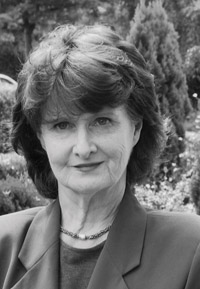 Born in Dublin in 1944, Boland is the author of more than a dozen poetry books, including New Collected Poems. Her accolades include a Lannan Foundation Award, an American Ireland Fund Literary Award, and a PEN Award. She is also an editor and translator, and she directs the creative writing program at Stanford University. A new collection, A Woman Without a Country, will be released this fall by Carcanet Press in the U.K. and W. W. Norton in the U.S.
Born in Dublin in 1944, Boland is the author of more than a dozen poetry books, including New Collected Poems. Her accolades include a Lannan Foundation Award, an American Ireland Fund Literary Award, and a PEN Award. She is also an editor and translator, and she directs the creative writing program at Stanford University. A new collection, A Woman Without a Country, will be released this fall by Carcanet Press in the U.K. and W. W. Norton in the U.S.
Prior to her appearance this week at Vanderbilt University in Nashville, Boland answered questions from Chapter 16 by email.
Chapter 16: In A Journey with Two Maps, you discuss the poet’s struggle with “I” versus “we” or, to oversimplify, the desire to be part of a tradition versus the desire to be original. Do you think this struggle exists for non-artists, as well?
Eavan Boland: It’s interesting to think of a personal dimension for this, but I meant it somewhat differently. The “we” I write about in that part of the book points to that rich, collective store of experience and agreement about everything from war to faith which was once an intrinsic part of the poetic tradition. A poet could put the word “we” into a poem a hundred years ago and feel comfortable and confident that he or she was writing about a shared world. Not now. A lot of things have helped to shatter that pronoun over the last century. Modernism, war, post-modernism, urbanization, the decline of organized religion. There’s a long list. So now poets turn more easily and with more authority to the word “I.” But that loss of the first-person plural is a big loss for the contemporary poet.
Chapter 16: The slipperiness of memory seems to be a concern for most memoirists. How did you come to terms with the elusiveness of memory that you describe in “Becoming an Irish Poet”?
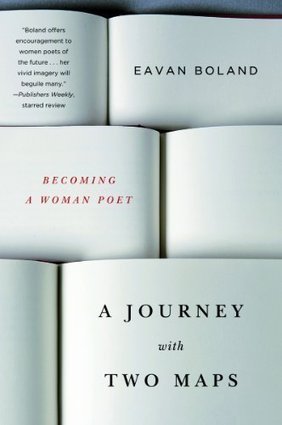 Eavan Boland: That essay is fairly impressionistic. There’s not too much memoir in it and only a few exact details. I sketch out a time in it when I was a student in Dublin and would walk home on a road where I could look up at a certain window. The house I was looking up at once belonged to Oscar Wilde’s mother, who was known as Speranza. Memoir is defined in the Oxford English Dictionary as “a historical account or biography written from personal knowledge.” But really I was just trying to recreate the state of mind of the student I once was, looking up at the window of this house on a cold night, imagining what it was to be the glowing, nineteenth-century activist and nationalist Speranza was—this woman poet without any doubts or any hesitations, who seemed to me at the age of seventeen to be fortunate in her convictions. Of course I changed my mind. Speranza’s poems came to seem one-dimensional and even propagandist. But I wanted to remember my misguided enthusiasm in that essay because there are a lot of wrong turns and skewed impressions on the way to being a poet.
Eavan Boland: That essay is fairly impressionistic. There’s not too much memoir in it and only a few exact details. I sketch out a time in it when I was a student in Dublin and would walk home on a road where I could look up at a certain window. The house I was looking up at once belonged to Oscar Wilde’s mother, who was known as Speranza. Memoir is defined in the Oxford English Dictionary as “a historical account or biography written from personal knowledge.” But really I was just trying to recreate the state of mind of the student I once was, looking up at the window of this house on a cold night, imagining what it was to be the glowing, nineteenth-century activist and nationalist Speranza was—this woman poet without any doubts or any hesitations, who seemed to me at the age of seventeen to be fortunate in her convictions. Of course I changed my mind. Speranza’s poems came to seem one-dimensional and even propagandist. But I wanted to remember my misguided enthusiasm in that essay because there are a lot of wrong turns and skewed impressions on the way to being a poet.
Chapter 16: Memory is also one of your poetic themes. Did any of your younger selves surprise you while putting together your New Collected Poems?
Boland: It wasn’t so much that my younger self surprised me. It’s that I had to be very sure to leave her alone. There’s a great temptation in putting together a collected—and last fall I finished and published a New Selected Poems in the U.K. with the same temptations attached—to somehow intervene, meddle, adjust, or straighten out the work of a younger self. The earlier poems can seem gauche or too long or just a bunch of missed opportunities. But to change them would be a kind of forgery. So that’s the main relation I had with a younger self when putting together both The New Collected and The New Selected. And not always a comfortable one.
Chapter 16: Did publishing those collected poems change the way you approached your forthcoming collection, A Woman Without a Country?
Boland: Probably not. At least not directly. It’s hard to say what the relation between old and new work is. A new book of poems is always a task for me, and it feels while I’m trying to do it as if it’s unrelated to the other books I’ve done. But of course it’s not. The poems you write are unfinished business—always. They show your limits, your self-restricting habits of writing and thinking. When you start new work those limits and restrictions are still there, waiting to pounce. You just have to hope that you can write yourself away from them, rather than back towards them. Publishing a collected poems puts a bookmark on some of this, but it can’t really change it. Your poems may be in the past. Your faults are always in the future.
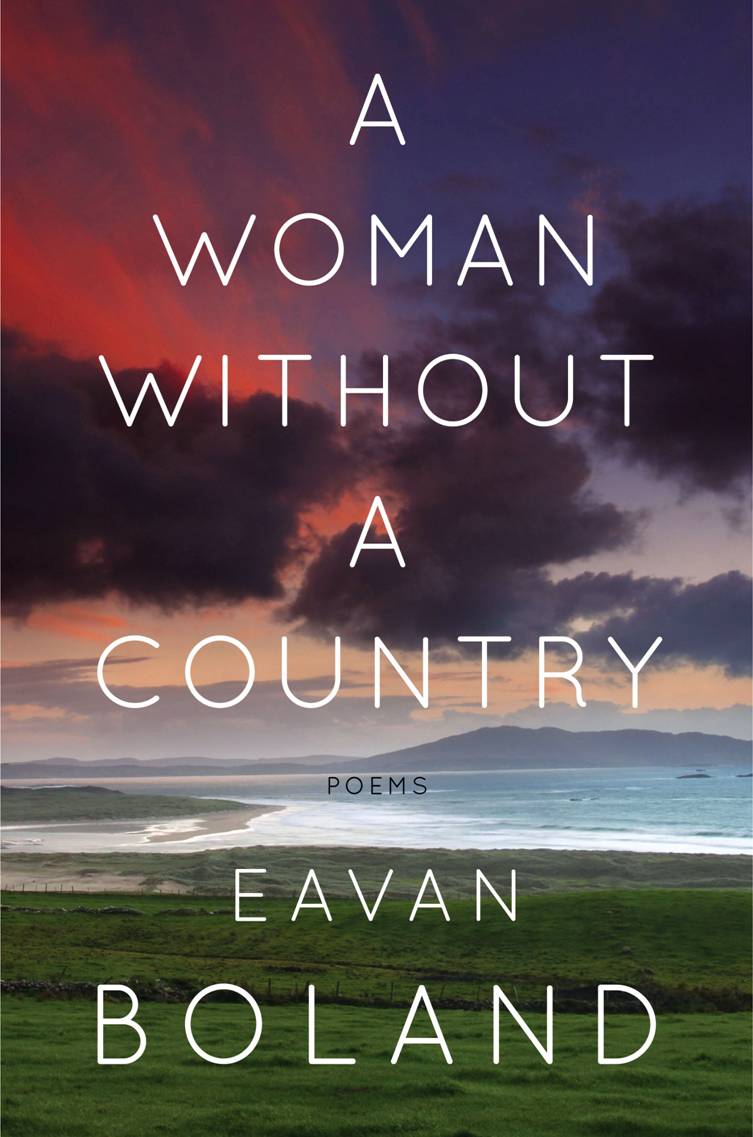 Chapter 16: In addition to co-editing The Making of A Poem: A Norton Anthology of Poetic Forms, you more recently co-edited The Making of a Sonnet. What is it about this form that demands a longer look?
Chapter 16: In addition to co-editing The Making of A Poem: A Norton Anthology of Poetic Forms, you more recently co-edited The Making of a Sonnet. What is it about this form that demands a longer look?
Boland: The sonnet is a fascinating form. It’s threaded right through European, British, and American poetry. It’s not a short or tidy form, either. It’s a volatile sound chamber, full of feeling and emotion. I like Edna St. Vincent Millay’s definition of it, where she begins one of her own sonnets by saying, “I will put chaos into fourteen lines.” So tracing the history of this form through all its apparitions and revisions—and with the wonderful poet-co-editor I had, Edward Hirsch—gave me a sense of how a form can appear and re-appear throughout history. I learned a lot by co-editing that book.
Chapter 16: You are known as a champion of other women poets. Who are you reading now?
Boland: There’s a wonderful recent book of poems by Maria Hummel called House and Fire, which won the APR Honickman Prize and was published in October 2013. The poems were chosen for publication by Fannie Howe, who wrote about the book’s main theme—a sick child and a mother’s love—“The subject is as basic as a bowl and a nail, wood and a house, and a house on fire.” These are exceptional poems, strongly crafted, visceral and immediate. I take up the book again and again. And always re-read it with pleasure.
On April 10, 2014, at 7 p.m. Eavan Boland will appear in Buttrick Hall on the Vanderbilt University campus in Nashville as part of the Vanderbilt Visiting Writers Series. The event is free and open to the public.
